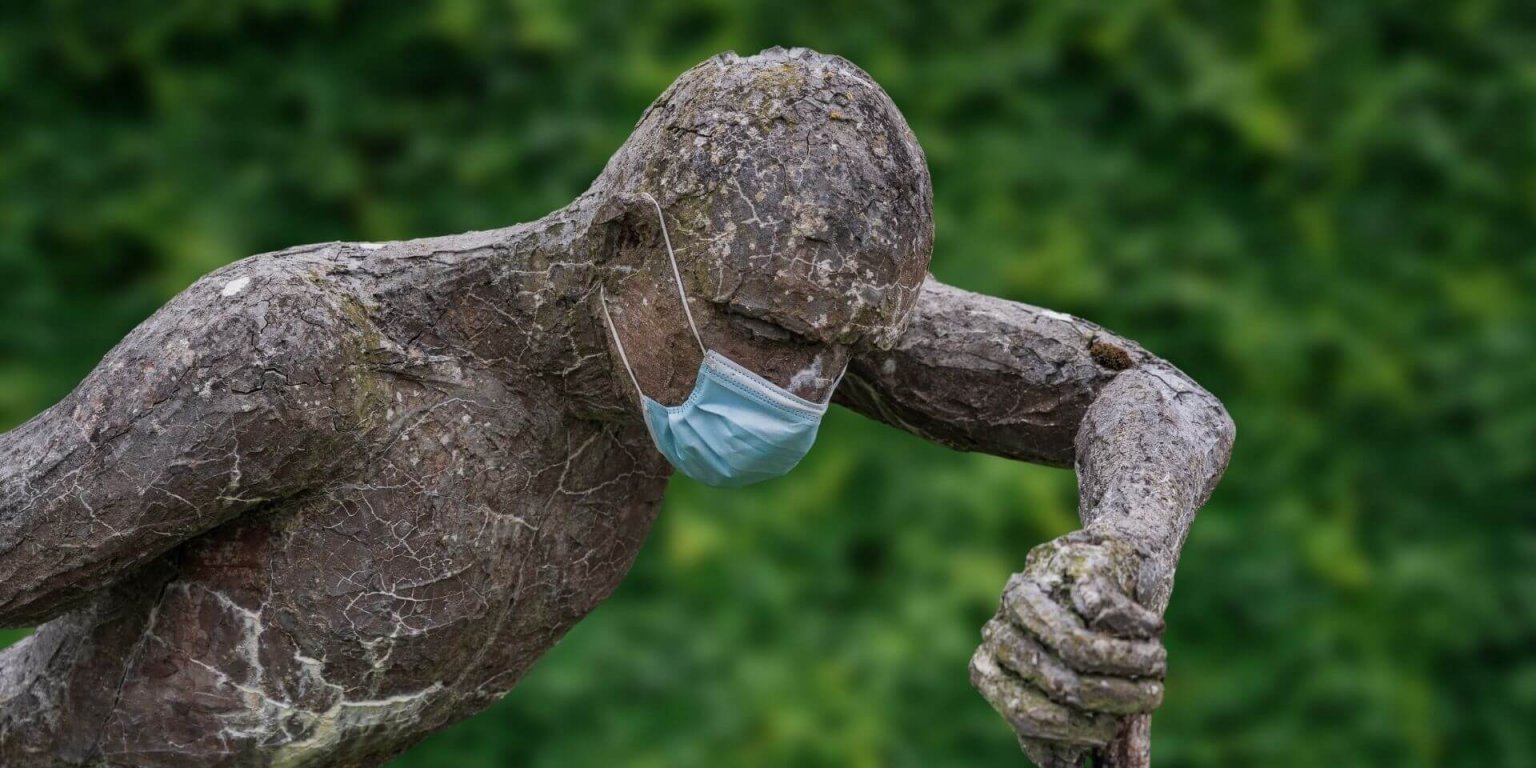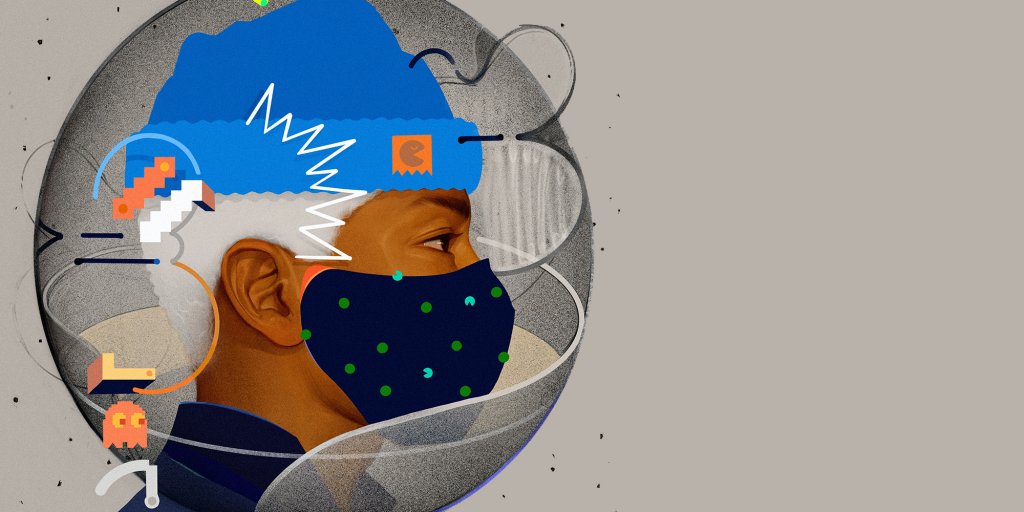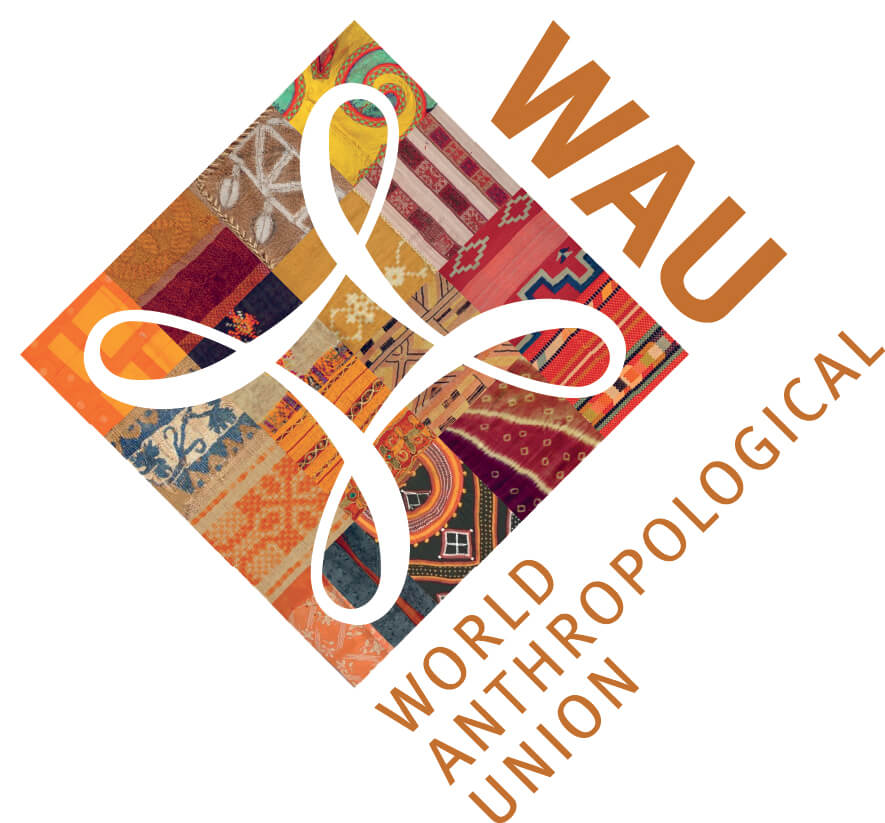The ISC presents its fifth webinar in a six-part series on COVID and the Social Sciences, Understanding and Addressing the Pandemic: Insights from Anthropology.
The series explores the impact of the social sciences on the pandemic and the impact of the pandemic on the social sciences. Already, the series has covered Economics, Psychology, Sociology, Political Science, and now Anthropology. The final episode in the series will cover Statistics.
This webinar will address the following two questions:
- How has Anthropology provided useful insights into thinking about the pandemic and in formulating responses to the pandemic?
- How has the pandemic impacted on developments within Anthropology and on the changing relationship of Anthropology to other disciplines?
Watch the recording:
Agenda
Times refer to UTC.
Start times: London: 14:00 | Paris 15:00 | Nairobi: 16:00 | Delhi 18:30 | New York 09:00
| 13:00 – 13:05 | Welcome and Introduction to the Chair by Anita Nudelman, Chair of the Commission on the Anthropology of Pandemics at IUAES |
| 13:05 – 13:10 | Introduction to the topic by Craig Calhoun |
| 13:10 – 13:45 | Keynote lecture by Melissa Leach |
| 13:45 – 14:05 | Comments from the discussants |
| 14:05 – 14:20 | Further Discussion, Q&A |
| 14:20 – 14:25 | Closing remarks |
Speakers

Melissa Leach, Keynote speaker
Melissa Leach is a Social Anthropologist and Director of the Institute of Development Studies (IDS) at the University of Sussex. She co-founded and co-directed the ESRC STEPS (Social, Technological and Environmental Pathways to Sustainability) Centre (www.steps-centre.org) from 2006 – 2014. She has carried out long-term ethnographic fieldwork in West Africa while engaging with scientific, policy and public discourses and debates around health, sustainability and development, including programmes leading to the books Vaccine Anxieties (2007) and Epidemics: Science, Policy and Social Justice (2010). Amongst external roles, she was lead author of the 2016 World Social Science Report 2016 on Challenging Inequalities, is a member of the International Panel of Experts on Sustainable Food Systems (IPES-Food) and of the International Science Council’s Committee on Science Planning. She was the lead social scientist in the UK/WHO responses to the 2014-16 Ebola outbreak and co-led the award-winning Ebola Response Anthropology Platform. She is now working on COVID-19 as co-lead of the Social Science in Humanitarian Action Platform and the Wellcome Trust-funded Pandemic Preparedness Project, involving a team of anthropologists in Sierra Leone, Uganda, Senegal and the UK. She is a Fellow of the British Academy and in 2017 was awarded a CBE for Services to Social Science.

Anita Nudelman, Welcome and Introduction of the Chair
Anita Nudelman (Ph.D.) is an applied medical anthropologist and a lecturer at the Faculty of Health Sciences, Ben Gurion University in Israel. Her areas of expertise include comprehensive sexuality education, culture-sensitive health care, gender issues and prevention of GBV. As a consultant for international organizations, she has led community-based Rapid Assessment Processes on culture and gender barriers to maternal and HIV health services, mostly in Africa. She is Chair of the IUAES Commission on Anthropology of Pandemics.
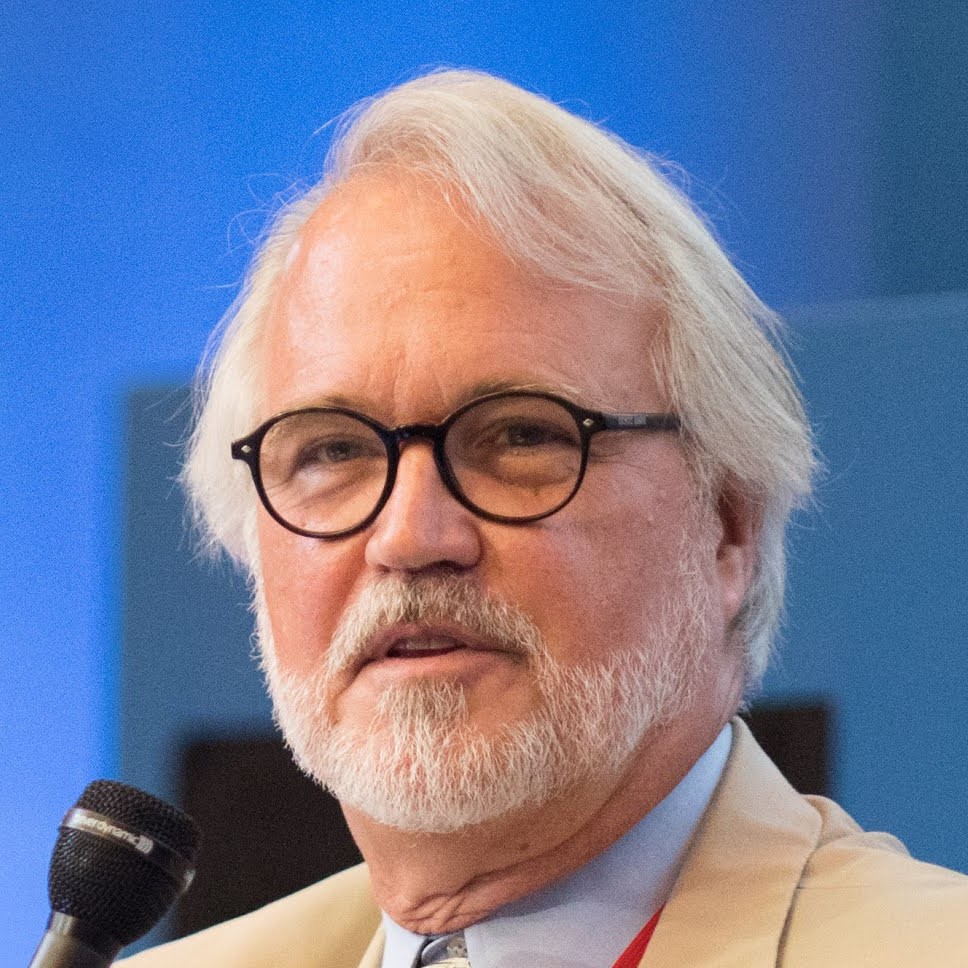
Craig Calhoun, Chair
Craig Calhoun is University Professor of Social Sciences at Arizona State University. Previously, he was Director of the London School of Economics and Political Science (LSE), President of the Berggruen Institute, and President of the Social Science Research Council. His publications address politics, economics, the impact of technology, and social change.
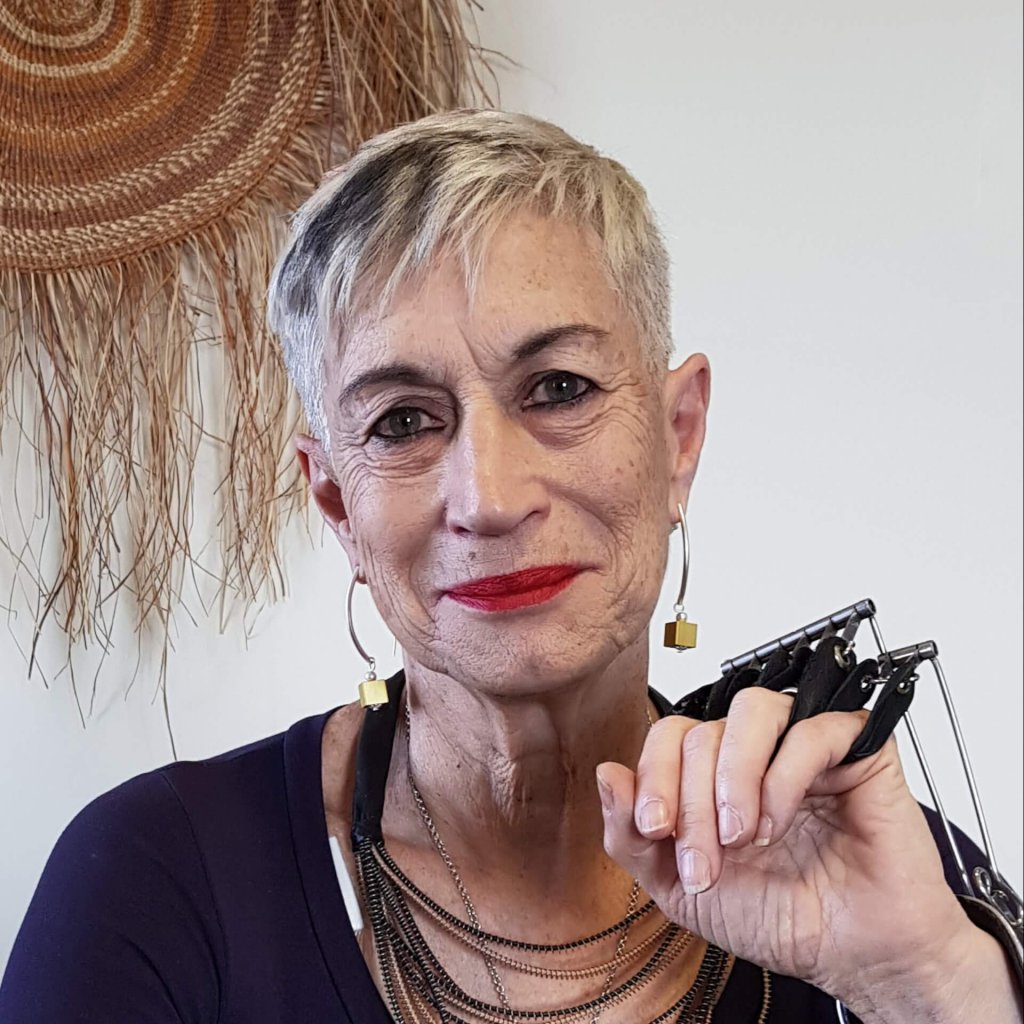
Lenore Manderson, Discussant
Lenore Manderson is Distinguished Professor of Public Health and Medical Anthropology in the School of Public Health, University of the Witwatersrand, South Africa, which she joined in 2014 after a distinguished career in Australia. Her work is concerned with inequality and the social context of infectious and chronic diseases. Her book, Viral Loads, edited with Nancy J.Burke and Ayo Wahlberg, was published in 2021 and provided an early examination of how in different contexts, COVID exploited and magnified inequality. In 2021, she was Team Leader, Social Sciences and Health Policy Research, Science Policy Engagement to Support Evidence-Informed Policy Responses to COVID-19 in Africa, and she is lead author of the chapter on vulnerability for the second South African Report on COVID. She has written, edited and co-edited 29 books, and has published over 700 peer-reviewed journal articles, book chapters and technical reports.
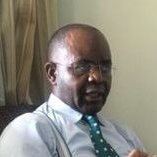
Paschal Kum Awah, Discussant
Paschal Kum Awah is the Chair of Anthropology at the University of Yaounde I, Cameroon. He consultants for several governmental and international organizations. Has extensively researched and published in reproductive health, neglected tropical diseases, epidemics and COVID-19, cardiovascular diseases and research ethics. He is a Board Member of the WIRB-WCG Copernicus Group, USA, a member of the Member of the African Union (AU) Scientific Research and Innovation Council for Translational Research and of the IUAES Commission on the Anthropology of Pandemics.

Francisco Ortega, Discussant
Francisco Ortega is ICREA (Catalan Institution of Research and Advanced Studies) Research Professor at the Medical Anthropology Research Center, Universitat Rovira i Virgili, Tarragona. He is also Visiting Professor at the Department of Global Health and Social Medicine of King’s College, London. He is member of the Advisory Board of the Movement for Global Mental Health and the Steering Committee of the Global Social Medicine Network. His research investigates among other the interactions between global biopsychiatry and local psychiatric epistemologies; the revitalization of social medicine as a vital intersection of social sciences, medical practice and policy and the emergence of new forms of solidarity and mutual aid in the context of the health and economic crisis of the covid-19 pandemic.
👉 List of related resources
- Abramowitz, Sharon. “Epidemics (Especially Ebola).” Annual Review of Anthropology 46, no. 1 (2017/10/23 2017): 421-45.
- Academies, National. Strategies for Building Confidence in the Covid-19 Vaccines. Washington, D.C.: The National Academies Press, 2021. doi:10.17226/26068.
- Adolph, Christopher, Kenya Amano, Bree Bang-Jensen, Nancy Fullman, and John Wilkerson. “Pandemic Politics: Timing State-Level Social Distancing Responses to Covid-19.” Journal of Health Politics, Policy and Law 46, no. 2 (2021): 211-33.
- Algan, Yann, Daniel Cohen, Eva Davoine, Martial Foucault, and Stefanie Stantcheva. “Trust in Scientists in Times of Pandemic: Panel Evidence from 12 Countries.” Proceedings of the National Academy of Sciences 118, no. 40 (2021): e2108576118.
- Atchison, Christina, Leigh Robert Bowman, Charlotte Vrinten, Rozlyn Redd, Philippa Pristerà, Jeffrey Eaton, and Helen Ward. “Early Perceptions and Behavioural Responses During the Covid-19 Pandemic: A Cross-Sectional Survey of Uk Adults.” BMJ Open 11, no. 1 (2021): e043577.
- Brilliant, Larry. Sometimes Brilliant: The Impossible Adventure of a Spiritual Seeker and Visionary Physician Who Helped Conquer the Worst Disease in History. New York: Harper One, 2016.
- Carugati, Federica, and Margaret Levi. A Moral Political Economy: Present, Past, and Future. Cambridge: Cambridge University Press, 2021. doi:DOI: 10.1017/9781108872942. https://www.cambridge.org/core/elements/moral-political-economy/744AF3082B448BF0088462DEF93D7DCF.
- Cook, Karen, Russell Hardin, and Margaret Levi. Cooperation without Trust? New York: Russell Sage Foundation, 2005.
- Everett, Jim A. C., Clara Colombatto, Edmond Awad, Paulo Boggio, Björn Bos, William J. Brady, Megha Chawla, et al. “Moral Dilemmas and Trust in Leaders During a Global Health Crisis.” Nature Human Behaviour 5, no. 8 (2021/08/01 2021): 1074-88.
- Grossman, Guy, Soojong Kim, Jonah M. Rexer, and Harsha Thirumurthy. “Political Partisanship Influences Behavioral Responses to Governors’ Recommendations for Covid-19 Prevention in the United States.” Proceedings of the National Academy of Sciences 117, no. 39 (2020): 24144.
- Hale, Thomas, Noam Angrist, Andrew J. Hale, Beatriz Kira, Saptarshi Majumdar, Anna Petherick, Toby Phillips, et al. “Government Responses and Covid-19 Deaths: Global Evidence across Multiple Pandemic Waves.” PLOS ONE 16, no. 7 (2021): e0253116.
- Jewett, Andrew. “How Americans Came to Distrust Science.” Boston Review (2020).
- Levi, Margaret. “Trustworthy Government, Legitimating Beliefs.” Chap. 12 In Nomos, edited by Jack Knight and Melissa Schwartzberg, 361-82. New York: New York University Press, 2019.
- Levi, Margaret, and Audrey Sacks. “Legitimating Beliefs: Concepts and Measures.” Regulation & Governance 3, no. December (2009)
- O’Leary, John, Sushumna Agarwal, and Angela Welle. “Improving Trust in State and Local Government: Insights from Data.” Deloitte Insights (2021). Published electronically 21 September. https://www2.deloitte.com/us/en/insights/industry/public-sector/trust-in-state-local-government.html.
- Pink, Sophia L., James Chu, James N. Druckman, David G. Rand, and Robb Willer. “Elite Party Cues Increase Vaccination Intentions among Republicans.” Proceedings of the National Academy of Sciences 118, no. 32 (2021): e2106559118.
- Project, World Justice. “Rule of Law Index 2021.” Washington, D.C.: WJP, 2021.
- Schmelz, Katrin. “Enforcement May Crowd out Voluntary Support for Covid-19 Policies, Especially Where Trust in Government Is Weak and in a Liberal Society.” Proceedings of the National Academy of Sciences 118, no. 1 (2021): e2016385118.
- Schmelz, Katrin, and Samuel Bowles. “Overcoming Covid-19 Vaccination Resistance When Alternative Policies Affect the Dynamics of Conformism, Social Norms, and Crowding Out.” Proceedings of the National Academy of Sciences 118, no. 25 (2021): e2104912118.
- Singh, Prerna. “State, Society and Vaccines.” In Seminars About Long-Term Thinking, https://longnow.org/seminars/02021/jul/27/state-society-and-vaccines/. San Francisco: Long Now Foundation, 2021.
- Tibbets, John H. “How to Convince People to Accept a Covid-19 Vaccine.” Knowable (2021). Published electronically March 31. https://knowablemagazine.org/article/health-disease/2021/how-to-convince-people-to-accept-covid19-vaccine.
- Tufekci, Zeynep. “The Unvaccinated May Not Be Who Think.” New York Times, 15 October 2021.
- Uslu, Ata, David Lazer, Roy H. Perlis, Matthew Baum, Alexi Quintana, Katherine Ognyanova, James Druckman, et al. The Covid States Project #63: The Decision to Not Get Vaccinated, from the Perspective of the Unvaccinated. OSF Preprints, 2021. doi:10.31219/osf.io/fazup.
- Capano, Giliberto, Michael Howlett, Darryl S.L. Jarvis, M. Ramesh, and Nihit Goyal. 2020. “Mobilizing Policy (In)Capacity to Fight COVID-19: Understanding Variations in State Responses.” Policy and Society, 1–24.
- Forster, Timon and Heinzel, Mirko 2021. “Reacting, fast and slow: how world leaders shaped government responses to the COVID-19 pandemic.” Journal of European Public Policy, Vol. 28, Issue. 8, p. 1299.
- Greer, SL, et al. Coronavirus politics: The comparative politics and policy of COVID-19, University of Michigan Press, 2021.
- Yang, Hai, “Contesting Legitimacy of Global Governance Institutions: The Case of the World Health Organization During the Coronavirus Pandemic.” International Studies Review, 2021.
This event is part of a 6-webinar series
Watch the recordings:
Image by Nick Fewings on Unsplash
